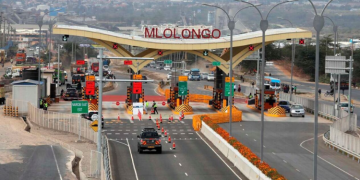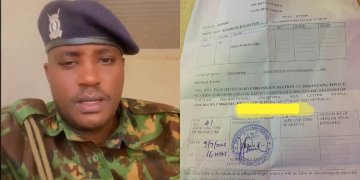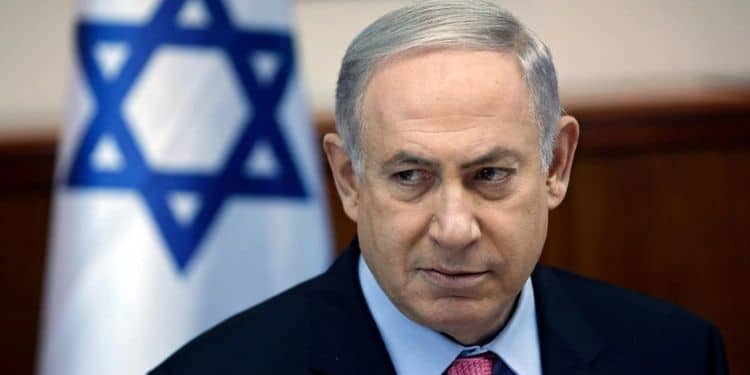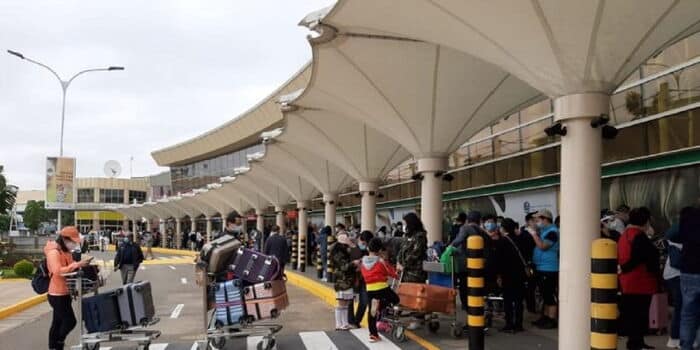The security cabinet of Israel has unanimously approved a new operational plan for the ongoing military campaign in Gaza during a Monday, May 5, meeting.
Israeli Cabinet ministers approved the plan in an early morning vote, hours after the Israeli military chief said the army was calling up tens of thousands of reserve soldiers.
The plan, presented by IDF Chief of Staff Lt. Gen. Eyal Zamir, includes taking control of Gaza territory, relocating civilians to the southern part of the Strip, and launching intensified strikes against Hamas.
Also, it would force hundreds of thousands of Palestinians to move to southern Gaza, likely worsening an already severe humanitarian crisis.
According to an Israeli official, the strategy also focuses on preventing Hamas from seizing humanitarian aid and aims to dismantle its ability to govern.
Additionally, the cabinet approved a humanitarian aid plan designed to ensure supplies reach civilians while blocking Hamas from accessing and exploiting the aid.
However, this aid plan will not be activated immediately, as officials believe there is currently enough food within Gaza.
Also Read: Israel Calls for Dismantling of Iran’s Entire Nuclear Program
Israeli Prime Minister Netanyahu on the Gaza Takeover
At the same time, Prime Minister Benjamin Netanyahu and Lt. Gen. Zamir assured the cabinet that the approach would lead to the defeat of Hamas and the release of hostages still held in Gaza.
Netanyahu also told the cabinet that he is pushing forward discussions, based on a proposal by former U.S. President Donald Trump, to offer Gazans the option of voluntary emigration.
Talks with several countries are reportedly underway to support this plan.
Also Read: ICC Issues Warrant Arrest for Israel Prime Minister Netanyahu
Failed Israeli and Hamas Ceasefire
Since the ceasefire between Israel and Hamas failed in mid-March, Israel has launched intense attacks across Gaza, killing hundreds and seizing large areas. The Israeli government is now controlling about half of the territory.
However, before the collapse of the truce, Israel had already blocked all humanitarian aid, including food, fuel, and water, triggering what many say is the worst humanitarian crisis in the nearly 19-month-long conflict.
The aid blockade has led to widespread hunger and looting amid severe shortages.
Moreover, the earlier ceasefire was intended to pave the way for negotiations to end the war, but that objective has remained a stumbling block in talks between Israel and Hamas.
Israel insists it will not agree to a permanent halt in fighting until Hamas is fully defeated, while Hamas continues to push for a deal that would bring the war to a close.
The Israeli officials did not disclose details on how the plan seeks to prevent Hamas from involvement in aid distribution.
Follow our WhatsApp Channel and X Account for real-time news updates.












































































